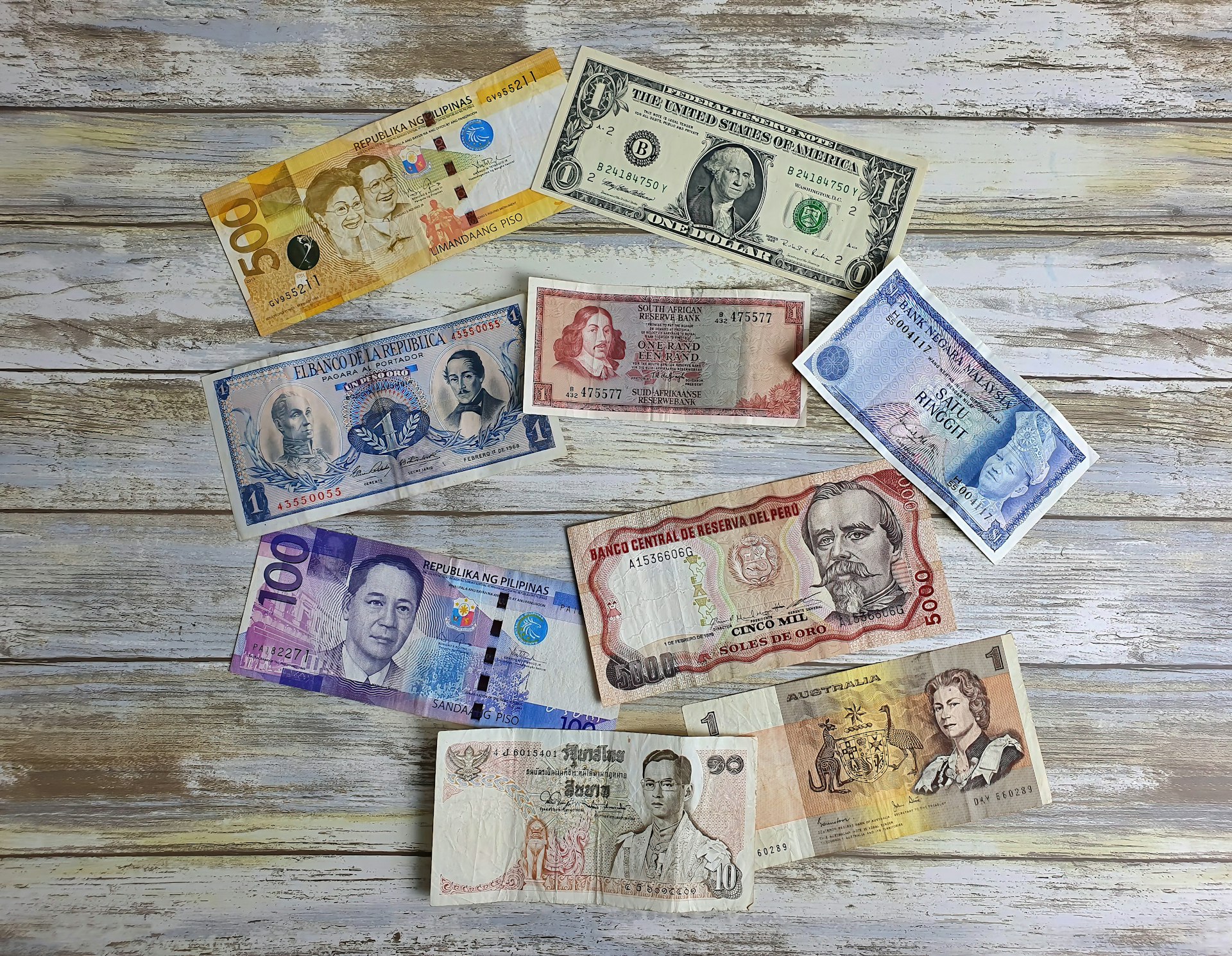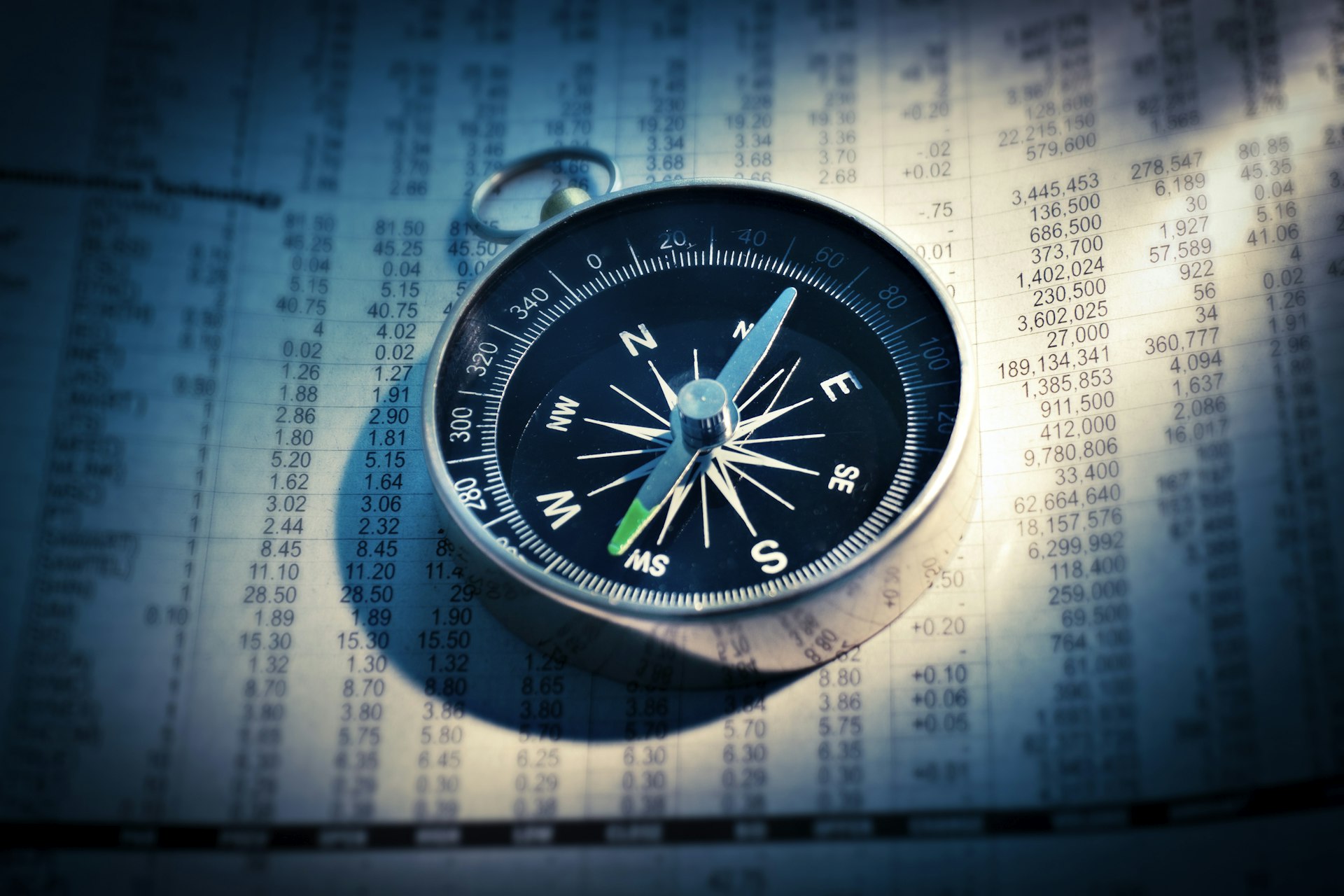Navigating Global Wealth Inequality: Trends, Challenges, and Actionable Solutions

Photo by Stepan Konev on Unsplash
Introduction: Understanding the Shifting Landscape of Wealth Inequality
Global wealth inequality has intensified in recent years, with economic, social, and political consequences reaching far beyond national borders. Despite progress in reducing extreme poverty in some regions, the concentration of wealth among the richest individuals and persistent income gaps have led to widespread dissatisfaction, insecurity, and distrust in institutions. To address these mounting challenges, it is essential to recognize the latest trends, their underlying causes, and actionable pathways for individuals, communities, and policymakers.
Current Trends in Global Wealth Inequality
Recent data reveal that wealth is increasingly concentrated at the top . According to the World Inequality Database, in almost every country, the richest 10 percent own more than 50 percent of total personal wealth, while the bottom 50 percent hold just 10.4 percent or less [1] . The United States stands out, with the top 1 percent controlling 47.5 percent of national wealth as of 2023, equivalent to roughly $214 trillion [2] . Meanwhile, adults with less than $10,000 represent nearly 40 percent of the world population but hold less than 1 percent of global wealth.
Income inequality is also on the rise. Two-thirds of the world’s population live in countries where income gaps are widening [3] . This trend is exacerbated by factors such as race, caste, place of birth, and family background, which continue to play significant roles in determining economic outcomes. While some countries have managed to reduce extreme poverty, the overall gap between the richest and the poorest has grown.

Photo by Morgan Housel on Unsplash
Economic Insecurity and Social Instability
A staggering number of individuals remain vulnerable to economic shocks. Over 2.8 billion people-more than a third of the global population-live on just $2.15 to $6.85 per day [4] . Even a minor setback can push families into extreme poverty, as seen in South Africa where 80 percent of people experienced poverty at least once between 2008 and 2015. Employment insecurity is widespread, with 60 percent of people globally concerned about losing their jobs and struggling to find new opportunities.
Rising inequality and economic insecurity are undermining social cohesion. Trust in governments and institutions is declining, with over half of the global population expressing little or no confidence in their leaders [3] . This erosion of trust threatens the stability and effectiveness of the social contract, making it harder for communities to work collectively towards solutions.
Drivers Behind Growing Wealth and Income Gaps
Several key factors contribute to the widening divide:
- Financialization and Asset Ownership : The expansion of financial markets has enabled those with capital to accumulate wealth at unprecedented rates, leaving those without assets further behind.
- Policy Changes : Tax policies favoring the wealthy, such as the extension of the U.S. Tax Cuts and Jobs Act of 2017, have increased the share of wealth held by top earners while reducing resources for social programs like Medicaid and SNAP [1] .
- Technological Advancements : Automation and digital transformation have disproportionately benefited skilled workers and capital owners, leaving many workers facing job insecurity.
- Globalization : While globalization has raised incomes in some poorer countries, it has also led to wage stagnation and job losses in certain sectors within wealthier nations.
- Social and Demographic Factors : Persistent discrimination based on race, caste, and family background continues to drive inequality across generations [3] .
Recent Shifts and the Impact of Global Events
Historical analysis shows that global income inequality increased from 1820 to 1990 as wealthy countries outpaced poorer nations. However, between 1990 and the onset of the Covid-19 pandemic, inequality among individuals worldwide declined, largely due to rapid growth in populous nations like China [5] . This trend reversed during the pandemic, which resulted in the largest spike in global income inequality in three decades, as vulnerable populations were hit hardest by job losses and economic disruption.
The future trajectory of global inequality will depend on growth rates in different regions and the ability of poorer countries to close the gap with wealthier nations. Climate adaptation and mitigation will increasingly shape these trends, as vulnerable populations face disproportionate risks from environmental change.
Practical Steps to Address Wealth Inequality
While tackling global wealth inequality requires comprehensive policy reforms, individuals and communities can take actionable steps:
- Advocate for Equitable Policies : Support policy initiatives that promote progressive taxation, invest in education, and expand access to healthcare and social safety nets. You can find information on advocacy organizations and policy proposals by searching for reputable think tanks such as the Brookings Institution, World Economic Forum, or visiting official government portals for legislative updates.
- Invest in Financial Literacy : Increasing personal financial knowledge can empower individuals to make informed decisions about saving, investing, and accessing credit. Many non-profit organizations and public institutions offer free or low-cost financial education resources; search for ‘financial literacy programs near me’ or consult local libraries and community centers.
- Support Inclusive Economic Growth : Encourage local businesses, fair trade initiatives, and cooperatives that redistribute wealth and provide opportunities for marginalized groups. Consider engaging with community development financial institutions (CDFIs) or social enterprises.
- Participate in Social and Civic Organizations : Join efforts to strengthen social cohesion and trust by volunteering, participating in local governance, or supporting transparency initiatives that hold institutions accountable.
If you are seeking to access specific services or opportunities related to financial support, search for official programs such as the World Bank’s poverty reduction initiatives, United Nations development projects, or your national government’s social welfare programs. Always use official agency names and verified contact methods for inquiries.
Challenges and Solutions: Building a More Equitable Future
Addressing global wealth inequality is complex and faces many obstacles, such as entrenched interests, political polarization, and misinformation. Solutions require a combination of top-down policy changes and grassroots mobilization. Successful approaches include:
- Progressive Taxation : Countries that have implemented progressive tax systems have seen reductions in wealth concentration and improved funding for social services. However, these policies often face resistance from powerful lobbying groups.
- Universal Basic Income (UBI) : Pilot programs in countries like Finland and Kenya have demonstrated that UBI can reduce poverty and provide economic security, though scaling these initiatives remains challenging.
- International Cooperation : Multilateral efforts, such as the United Nations Sustainable Development Goals, aim to tackle inequality through coordinated action. Individuals can support these goals by staying informed and advocating for global solidarity.
Potential challenges include political opposition, funding constraints, and the need for effective monitoring and evaluation. Alternative approaches, such as targeted cash transfers or conditional assistance programs, may also help alleviate poverty and insecurity.
How to Access Resources and Take Action
To get started on addressing wealth inequality or accessing financial support:
- Identify your needs-whether it’s financial education, advocacy, or direct assistance.
- Search for official programs using agency names (e.g., “World Bank poverty reduction,” “United Nations development projects,” “Department of Social Services” in your country).
- Consult reputable organizations for guidance, such as the World Bank, United Nations, or national government agencies. When in doubt, visit the main website of these organizations and use their official contact forms or hotlines.
- Engage with local community resources, including nonprofits, libraries, and civic organizations for support and information.
For legislative updates, policy changes, and global initiatives, regularly review news releases from the United Nations, World Bank, and other established sources. Avoid unverified websites and always confirm contact details through official channels.
Key Takeaways
Global wealth inequality is a growing concern that affects economic stability, social trust, and access to opportunity. By understanding the latest trends, supporting equitable policies, and leveraging available resources, individuals and organizations can contribute to a more inclusive and resilient financial future.
References
- [1] Statista (2025). Chart: Where Global Wealth Inequality Is Rampant.
- [2] Inequality.org (2025). Global Inequality.
- [3] United Nations University (2025). New UN Report Warns of Global Social Crisis.
- [4] UN Department of Economic and Social Affairs (2025). 6 Takeaways from the World Social Report 2025.
- [5] World Bank (2025). Global Inequality and Economic Growth.



